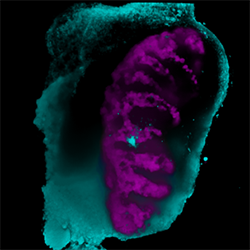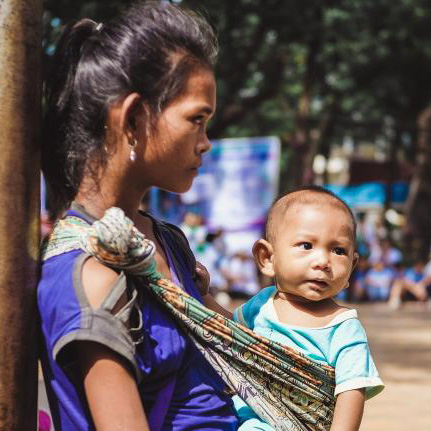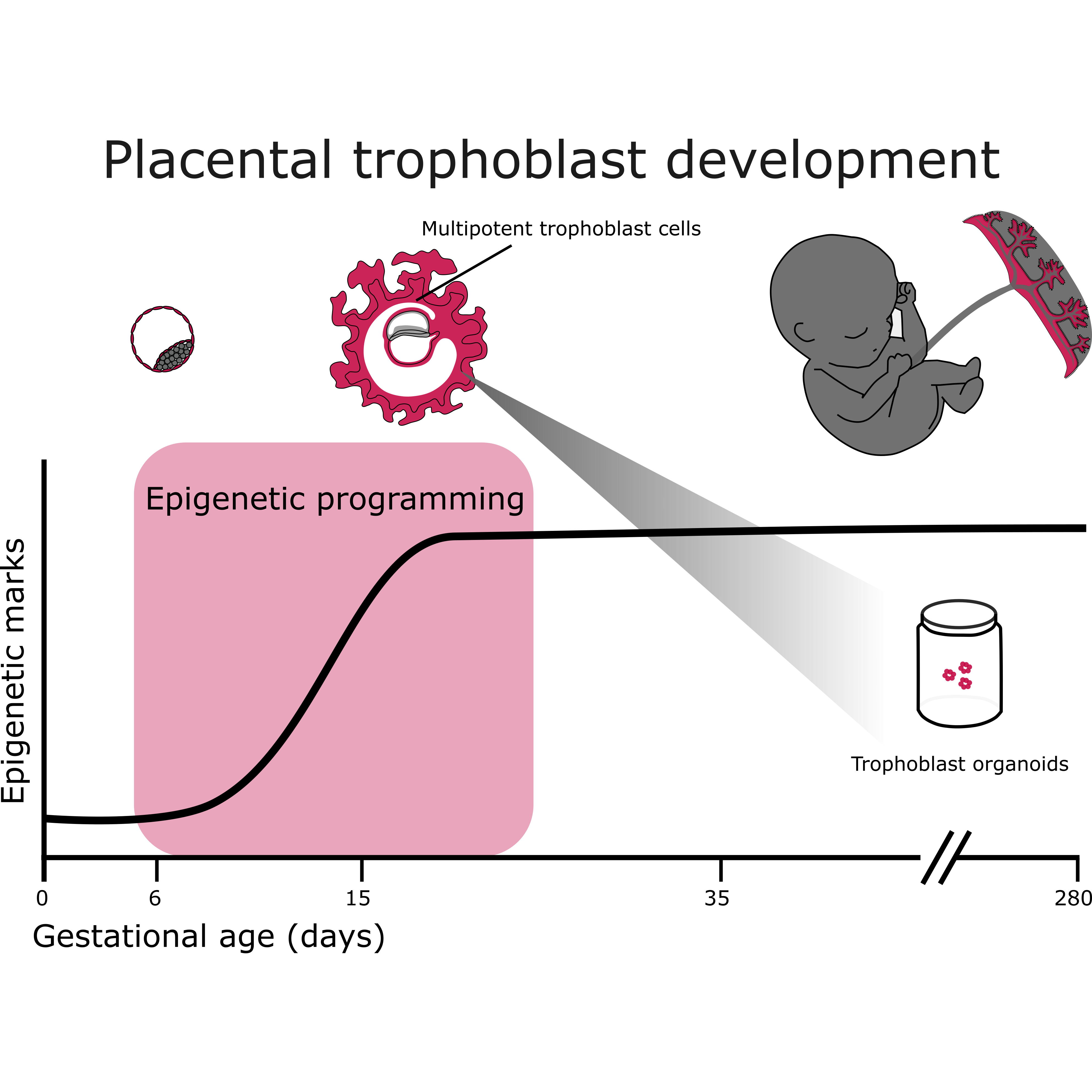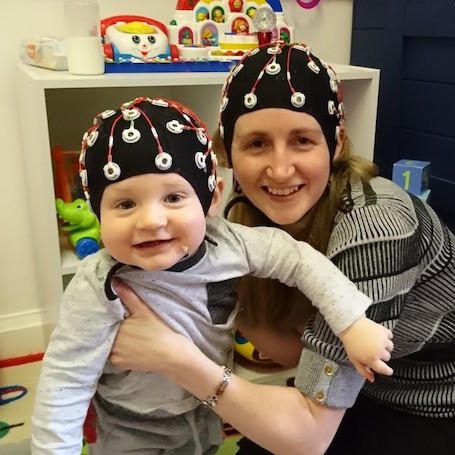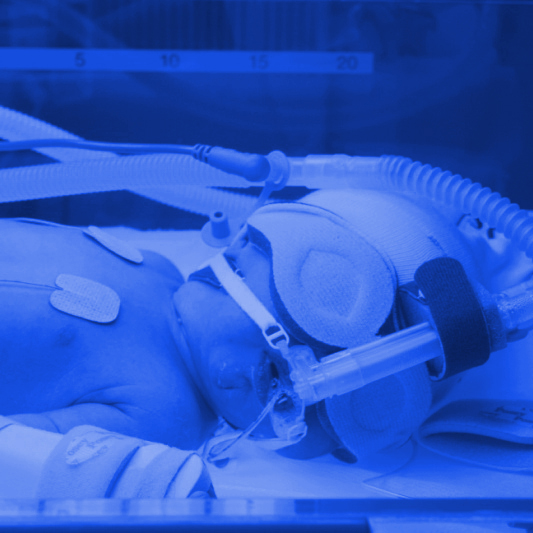The Incubator Fund provides seed funding to support novel or exploratory interdisciplinary research into any aspect of reproduction. The scheme began in March 2021, with generous support from the Isaac Newton Trust, and has supported the following projects:
2021-2022
Creative conception: a microfluidics-enabled strategy for in vitro gametogenesis (IVG)
Dr Geraldine Jowett (Gurdon Institute), Dr Timo Kohler (Biochemistry) and Dr João Alves Lopes
This project will pilot a system based on the microfluidic encapsulation of germ cells in chemically‑defined, biomimetic spherical microgels, offering an exciting avenue for recapitulating the differential cues provided by the developing ovaries and testes. Exploring this high‑throughput approach will offer insights into a translationally impactful system to interrogate and induce late embryonic gamete maturation.
Mother knows best: exploring new mothers’ narratives about their child and links with perinatal adversity across five low- and middle-income countries
Dr Laura Katus (CFR), Dr Sara Valdebenito (Criminology) and Professor Claire Hughes (CFR)
Perinatal experiences of adversity can have lasting impacts on mothers and children. Speech samples provide an insight into mother’s thoughts and feelings toward their child. We aim to collect maternal speech samples in Ghana, Sri Lanka and Vietnam, to explore the impact of psychosocial adversity on mother-child relationships in an unprecedented geographical breadth and analytical depth.
2020-2021
Developing an in vitro system to study epigenetics in human placental trophoblast cells
Dr Courtney Hanna (CTR/Babraham Institute) and Dr Vicente Perez-Garcia (CTR/PDN)
Epigenetics is essential for cell identity and differentiation during development. Yet, little is known about how these processes are involved in regulating placental development in human pregnancy. We propose to develop and validate an in vitro organoid system to grow multipotent human placental trophoblast cells.
Brain Activation in Mother and BabY (BAMBY)
Grace Kromm (Clinical Neurosciences), Dr Vicky Leong (Psychology) and Professor Topun Austin (Paediatrics)
The BAMBY study aims to characterise neural synchrony between mothers and their babies in the neonatal environment and associate this neural synchrony with salient neurological, physiological, and behavioural measures to provide important insight into early social and emotional development.
NICU and rapid genetic testing: Comparing mothers’ and fathers’ views and experiences
Helen Dolling (Psychology/CFR), Professor Claire Hughes (Psychology/CFR) and Dr Kate Baker (MRC CBU/Department of Clinical Genetics, CUH)
This project expands an existing interview-based study of parental experiences of rapid genetic testing for neonates with serious health problems through additional interviews with fathers. We aim to transform clinical practice via enhanced understanding of interactions between genetics, reproduction and family life.


